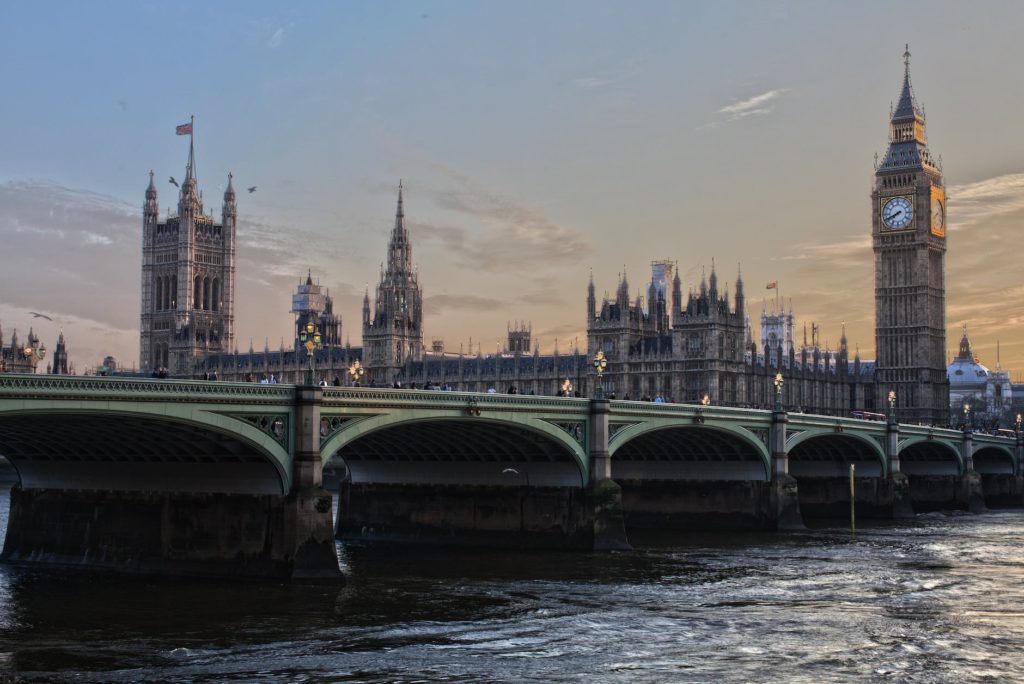Smart cities, open government, smart government and open data news summarized by the FreeBalance Strategy & Innovation Group.
“CITY AS PLATFORM” MANIFESTO: 40 Cities signed up to the “city as platform” manifesto at a recent conference reported E&T Magazine, following 10 common principles. One of the principles supports notions of participatory budgeting in “inform political decisions and offer mechanisms for residents to make their voices heard.” This notion is particularly important given the need for improved planning and experimentation to achieve smart city success. Naveen Rajdev described how “building safe and sustainable cities requires serious policy coordination and investment decisions..[to]… design a city as an extension of its residents,” in Quartz. The need for experimentation, in a smart city living lab, was reported by Mark Say in the UKAuthority blog. “For something that can be difficult to define, a living lab can have a strong influence on plans for smart places. Some observers will even claim that if you want to develop one of the crucial ingredients, a community of active, small scale innovators, it is close to being a necessity.”
CAN GOVERNMENT OPEN DATA FOSTER CHANGE? That is the subject of a report by Stefaan Verhulst and Andrew Young at GovLab. ‘This move toward open data is part of a broader global trend toward more data-driven decision making in policymaking and development — a manifestation of what is sometimes called the “data revolution.”’ The authors provide an interesting logic model to help map the impact of open data the includes feedback, actions, users, indicators, outputs and outcomes.
PREPARE FOR THE FUTURE OF WORK: Ricardo Hausmann suggested that the “rapid displacement of massive amounts of human labor is not a new occurrence” in a Project Syndicate essay. Haussmann described the impact of diffusion: “the most important uncertain aspect of the new technologies is their diffusion capacity. If they do not diffuse worldwide, they will widen the income divide between countries and regions. Landline telephone service and electricity have diffused far less than guns and cellphones.”
